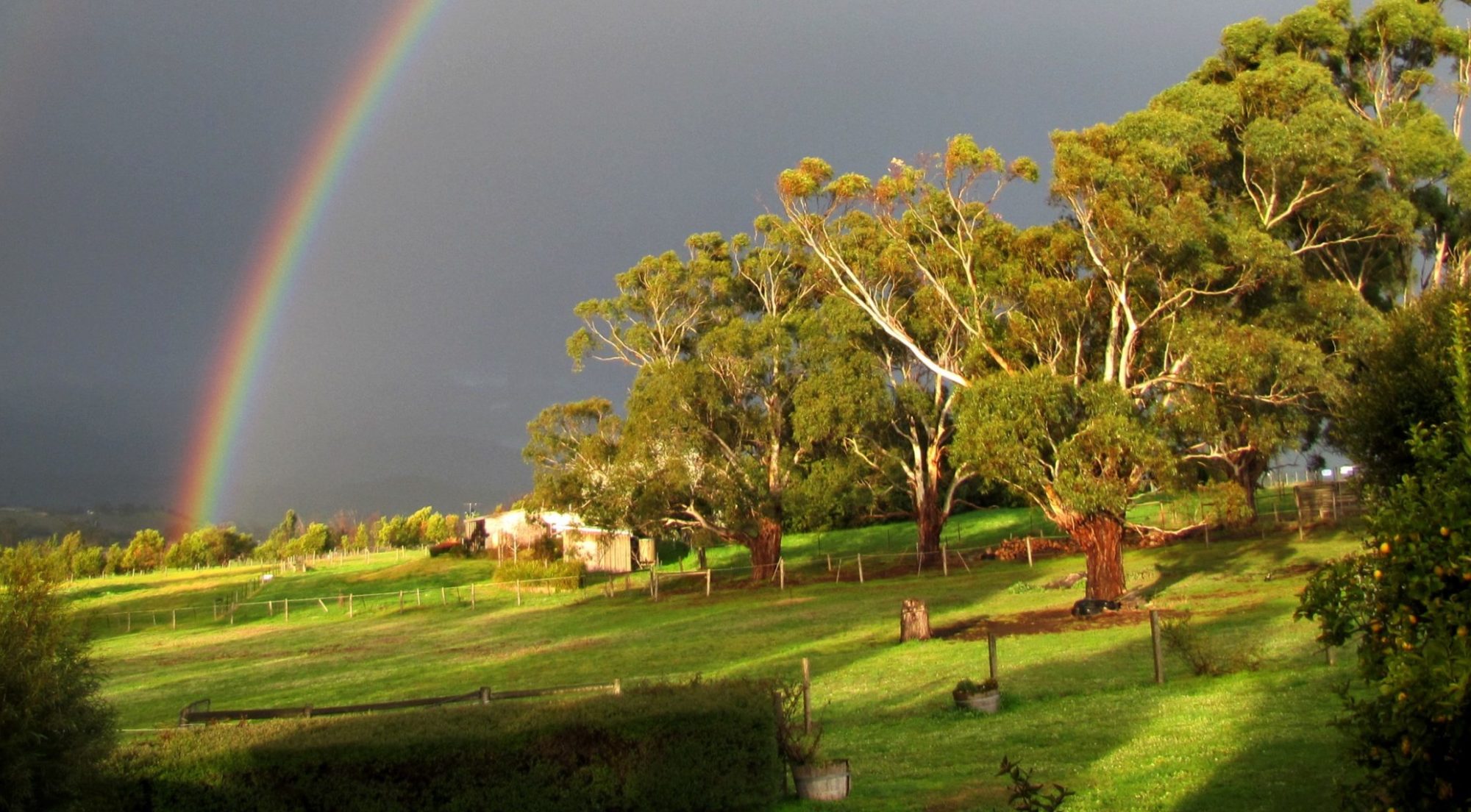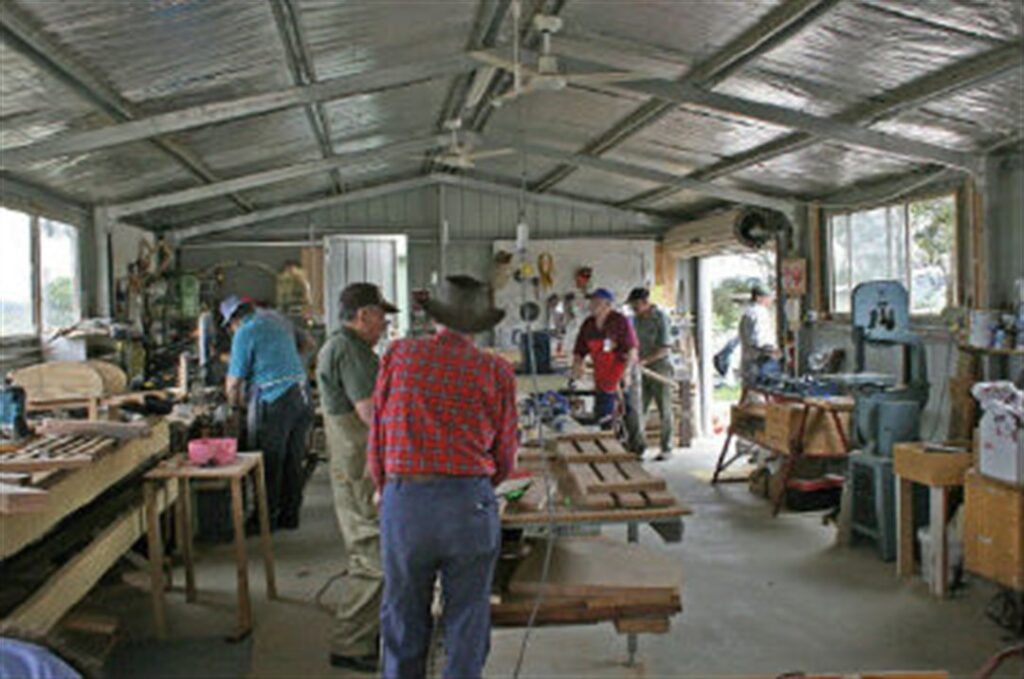Valentine’s Day is seen as a day to celebrate romance, love and devotion. It is celebrated in honour of St. Valentine, a third-century Roman Saint associated with love and togetherness.
I feel in recent times the day has become more commercial with gifts of chocolates and flowers being the main choice of couples vying for attention and acceptance. Sales of expensive jewellery also peak at this time due to those who can afford a more lavish approach. It is my belief that the amount expended is often based on the perceived expectations of the receiver.
Maybe, it isn’t really necessary to spend lavishly just to impress your special ‘Valentine.’ Perhaps, you could just enjoy spending quality time together in each other’s company. Being with someone you are in love with and being loved by that someone in return, would be a beautiful way of celebrating togetherness.
My favourite quote for Valentine’s Day comes from Judy Garland. She once said, “For it was not into my ear you whispered, but into my heart. It was not my lips you kissed, but my soul”.
Yet, it seems the universal language of love is one we Australians often tend to shy away from. For some, it just doesn’t seem to be ‘the done thing’ to be seen embracing your partner in public.
However, the simple act of walking together hand in hand can say so much for a relationship as there is an energy that unites the couple, where a word need not even be spoken.
A wise person once said, “Love is a decision, not just a feeling”. And, when you think about it, feelings can come and go like the weather, but our decision to love one another is a commitment and survives all our feelings, frustrations and anxieties. While for some, this commitment has maintained their relationship throughout the years, sadly, this is not the case for others.
Someone who is no longer with their partner, for whatever reason, special occasions like Valentines Day, birthdays and anniversaries can be sad days. We need to be aware of those in this category and if possible, just be there for them during these tough times.
As we grow in age and wisdom, each of us has a different story to relate about our individual journey. Our stories are depicted on a canvas that tells of hardships and pain, courage and perseverance, strength and endurance, of deep sorrow as well as times of great joy.
As we travel along the pathways of our lives, it is important we reach out to those we meet who are in need. For, as Oscar Hammerstein once said, “Love in your heart isn’t put there to stay. Love isn’t love till you give it away.” There is no doubt there will be times when we ourselves will find the help and support we need on those occasions when others reach out to us.
Today, there are many Australians, both young and elderly doing it tough and there is precious little incentive for them to celebrate occasions such as Valentine’s Day. So, while the florists might be charging an arm and a leg for long stemmed red roses for those who can afford such luxuries, we need to be thankful if we have a loving partner, or friend with which we can share this occasion.
Perhaps we could consider maintaining our love relationship by just doing little things for each other on a daily basis, without seeking to receive anything in return. This would let us celebrate Valentine’s Day every day of the year instead of just on the 14th February.
I’m Peter Mack and that’s life.

